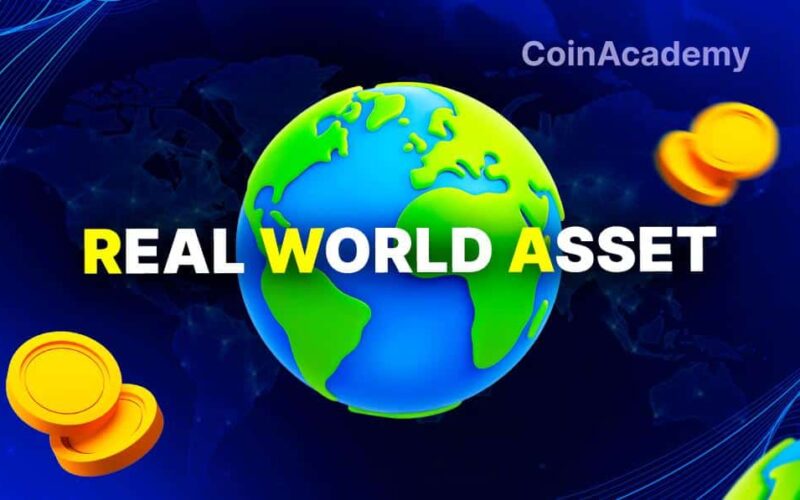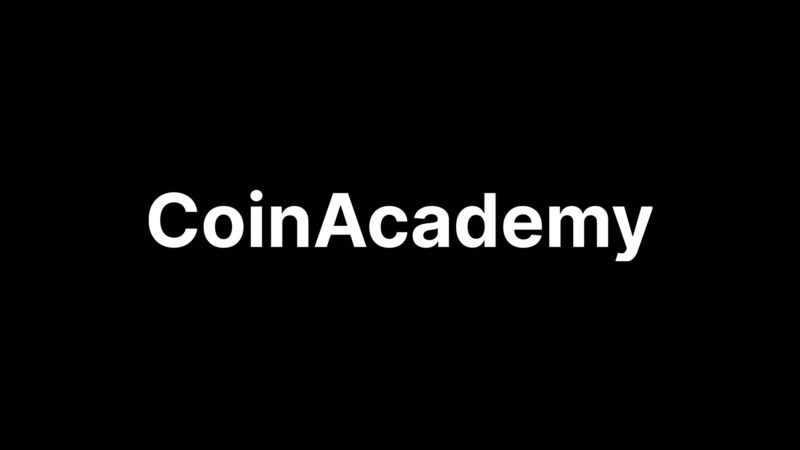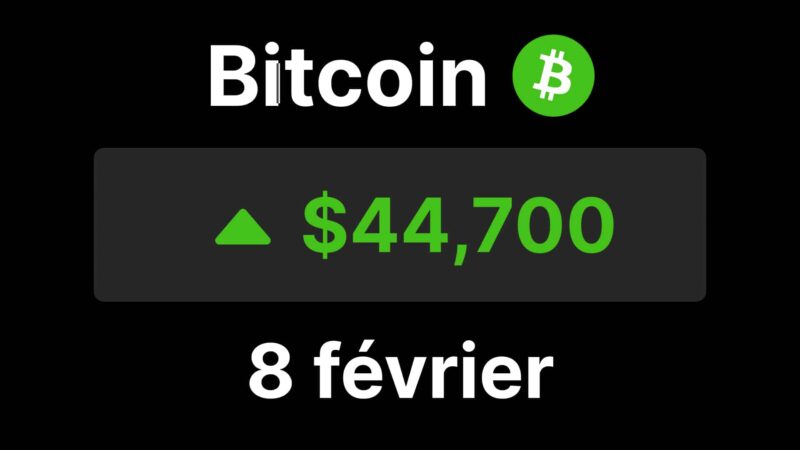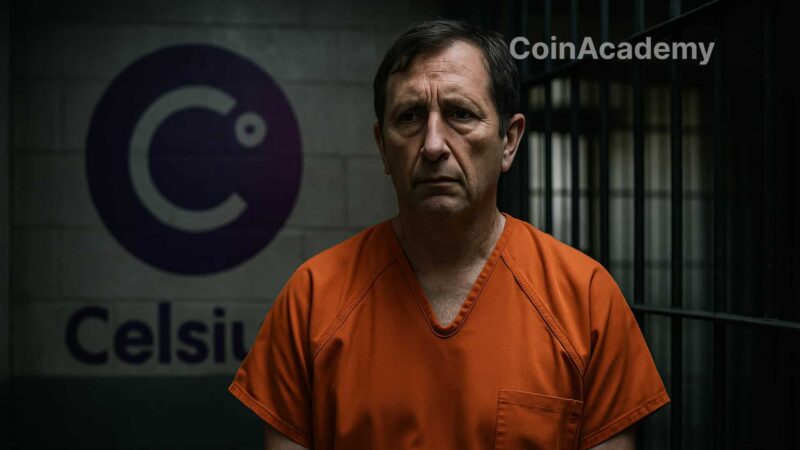We often hear about cryptocurrencies, layer 2, or non-fungible tokens (NFTs), but another field is emerging with just as much potential: the tokenization of Real World Assets (RWA).
ETFs were a great revolution for the mutual fund industry… And we think that if we can create greater tokenization of assets and securities, it could once again revolutionize finance.
Larry Fink, CEO of BlackRock
Discover in this article how the tokenization of Real World Assets (RWA) could transform the way traditional sectors and decentralized finance (DeFi) interact with each other.
This article is brought to you in collaboration with RealT (Learn more).
What are Real World Assets (RWA)?
Real World Assets (RWA) refer to a class of digital assets (fungible or non-fungible) derived from the real world. In other words, in our case: these are ‘real world assets’ that have been tokenized and deployed on the blockchain. These assets can represent any type of property, such as real estate, artwork, commodities, government bonds, or even traditional financial instruments.
Historically, these types of assets were traded and valued using conventional methods, such as property deeds or certificates, which served as legal proof of ownership. However, these traditional procedures brought many challenges, such as excessive entry costs, lack of liquidity, lack of transparency, or high transaction times.
This is where the tokenization of Real World Assets comes in, made possible by blockchain technology and featuring revolutionary advantages.
Tokenization of Real World Assets (RWA)
Concretely, tokenization is the process by which the ownership rights of a real asset (e.g., real estate) are converted into one or more digital tokens on a blockchain. In other words: this process splits the ownership of an asset into digital units or ‘fragments’ called tokens, which can then be exchanged within decentralized finance (DeFi).
It is worth noting that these digital representations are often supported by smart contracts that define the rights and obligations of token holders.
For example, consider a property fragmented into 100 digital shares, each serving as proof of ownership. If you were to buy 10 shares, you would become a co-owner (alongside all other buyers) of the same property, entitling you to a proportional share (10% in this case) of the monthly rental income generated.
As you can see, this process offers numerous advantages such as greater accessibility, reduced initial costs, improved liquidity, traceability, and transparency.
RWA: A Revolution for Individuals and Companies
The integration of Real World Assets (RWA) into financial markets through tokenization is redefining the ways in which assets are invested in and owned.
For individuals, RWAs open the door to investments traditionally reserved for institutional investors or those with significant capital. Indeed, tokenization allows them to purchase only a fraction of these real assets, thus reducing entry costs.
Furthermore, it also allows them to diversify their portfolio and not keep all their eggs in one basket.
For businesses, the use of RWAs enables access to new forms of financing. By tokenizing their assets, they can mobilize capital without resorting to traditional, often lengthy and costly financing methods. This can be particularly advantageous for startups and SMEs seeking alternatives to bank loans or traditional fundraising.
Buying Tokenized Real Estate with RealT
Among the sectors that have benefited the most from the tokenization of real assets, we find real estate. And if there’s one player who has seized this opportunity to reshape the landscape of rental investment, it’s RealT.
RealT is a platform for tokenizing real estate assets primarily located in the United States.
Concretely, RealT purchases properties, fragments them into thousands of ERC-20 tokens called RealTokens, and then sells them on its marketplace. Users can then invest in these properties, or more precisely, fractions of properties, starting from just 50 euros, with the possibility of reselling them at any time.
Once in your portfolio, the shares you have purchased will generate a return corresponding to the rental payments, typically ranging from 10% to 20% per year. These rewards will be transferred to your wallet every Monday, ensuring a constant stream of income.
In this way, RealT makes rental investment much more accessible to small portfolios who may not have the means to invest hundreds of thousands of euros. Additionally, this method is particularly attractive to those who want to enter the real estate market without the traditional constraints associated with direct property purchases (administrative documents, visits, quotes, etc.).
Today, RealT boasts:
- 15,000 investors from 150 different countries
- 12 million dollars in rental payments
- 350 tokenized properties with a total value of approximately 100 million dollars
- founders with over 30 years of experience in the real estate industry
To learn more about RealT, we have a dedicated article on the topic: [Click here]
What are the Other Use Cases for Real World Assets (RWA)?
The real estate sector is not the only one to have been transformed by the tokenization of real world assets (RWA). It also includes:
- Art: tokenizing artworks and collectibles is revolutionizing the art market by making it more accessible to a broader range of investors, as it allows the acquisition of fractions of high-value artworks.
- Commodities: tokens backed by commodities like gold allow investors to benefit from exposure to these tangible assets without incurring storage costs. Moreover, the tokenization of commodities into tradable digital assets simplifies market access, offers high liquidity, and preserves the intrinsic value of these resources.
- Corporate Financing: companies can tokenize their assets (usually in the form of stocks) to raise funds, providing an alternative to traditional financing methods. This enables faster and potentially cheaper mobilization of capital.
- Luxury Goods: the pattern is similar to other sectors. The tokenization of luxury goods offers individuals exposure to an industry that was previously reserved for wealthy clients.
The Future of RWA in Decentralized Finance (DeFi)
The future of Real World Assets (RWA) within decentralized finance (DeFi) looks promising, to the point where some experts believe they could redefine traditional economic interactions. The fusion of RWAs and DeFi has the potential to create a more inclusive and democratic financial ecosystem.
With the integration of RWAs, DeFi can extend beyond ‘purely’ digital assets (crypto, NFTs, etc.) to encompass a broader range of economic assets. The fusion of the two can offer an entirely new ecosystem that combines the transparency and efficiency of blockchain with the tangible value of real world assets.
Furthermore, RWAs can serve as collateral in DeFi loans, providing better security for lenders and more attractive interest rates for borrowers. They can also contribute to the creation of derivatives and indexed funds, further expanding investment opportunities.
Key Takeaways
The tokenization of real assets aligns perfectly with the promise of decentralized finance (DeFi): opening financial markets to a wider audience.
By simplifying transactions, improving liquidity for illiquid assets, and reducing intermediaries, tokenization has the power to democratize access to traditionally elite financial sectors.
There is no doubt that RWAs represent a significant advancement in democratizing investment and promise to reshape the financial landscape in the years to come.




